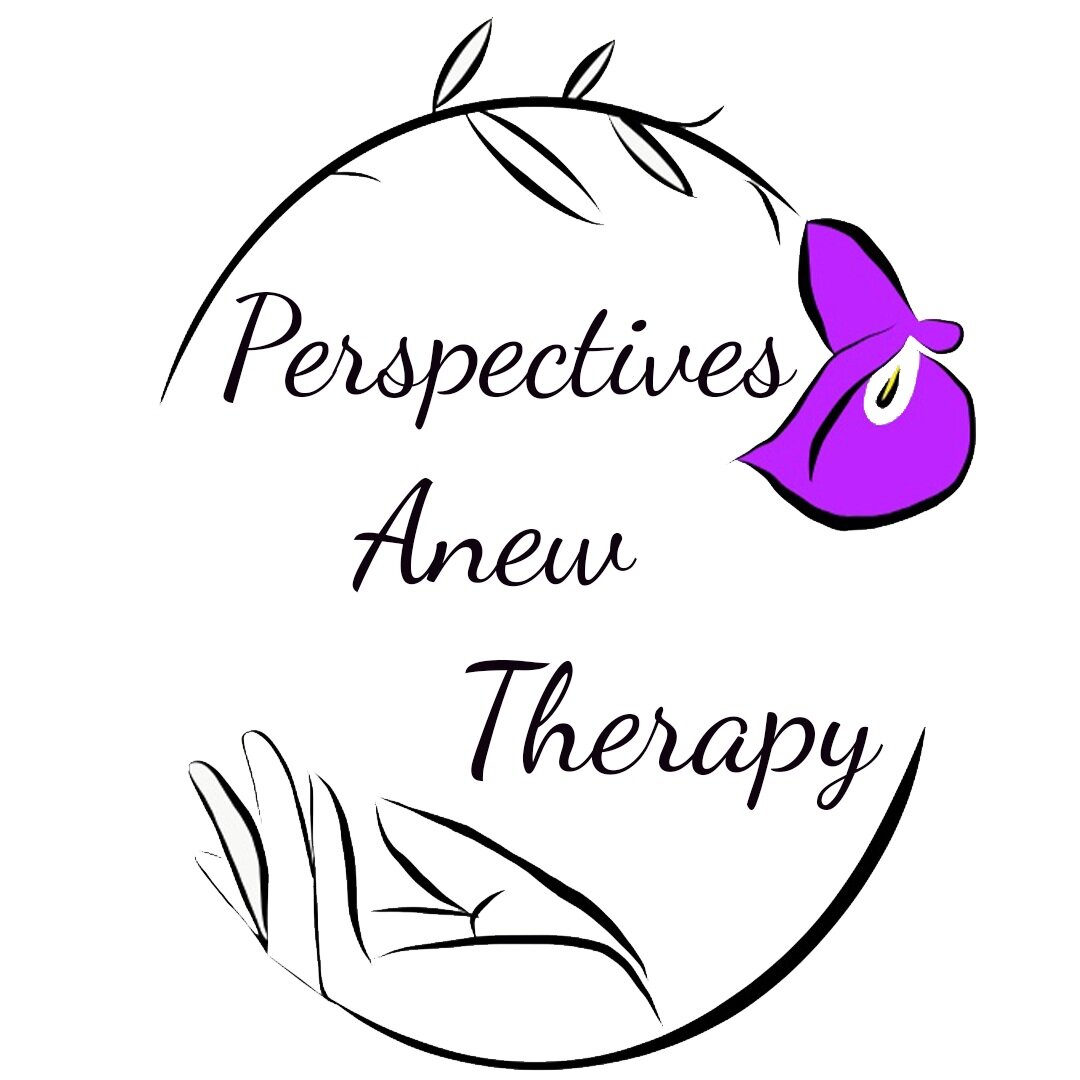Anxiety Attacks vs Panic Attacks
Although there are similarities between anxiety and panic attacks there’s major differences between them that are important to know. Anxiety attacks are triggered by stressors with a gradual build into the anxiety attack. On the other hand, panic attacks happen unexpectedly and quickly with fear occurring without any obvious dangers. When experiencing anxiety our mind says “I’m worried about what might happen,” which is followed by tension and general avoidance. However, when people are in fear their mind says “I’m in danger,” which in return causes an increased heart rate and desire to escape.
Symptoms of anxiety attacks include a gradual build up of rapid breathing, sweating, increased heart rate, nervousness, gastrointestinal problems, and difficulty controlling worry. Panic attack symptoms come on immediately and out of the blue with symptoms being nausea, irregular heartbeat, sweating, dizziness, shaking, disorientation, and difficulty breathing. It is important to note that some panic attacks can be expected such as an individual who struggles with claustrophobia finding themself in a cramped space. In this scenario, although the panic attack would still occur immediately instead of gradually, someone who suffers from panic attacks and claustrophobia may anticipate a panic attack.
The Comprehensive Learning Theory of Panic Disorder states that panic attacks become associated with initially neutral internal and external cues through a conditioning process. What this means is that panic attacks are likely conditioned to react to certain internal cues. Anxiety sensitivity is thought to predict the development of panic attacks as well as the onset of other anxiety disorders.
There are many treatment options available to help those who struggle with panic attacks or anxiety attacks. Seeing a therapist who specializes in this specific field is an incredible first step. Medication can be prescribed, however research shows that acupuncture is also effective in helping reduce these attacks. In addition, doing yoga, exercising, limiting alcohol consumption, and getting enough sleep can help reduce attacks.
